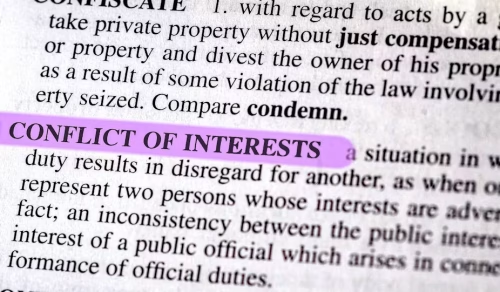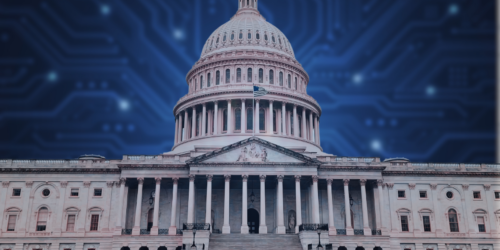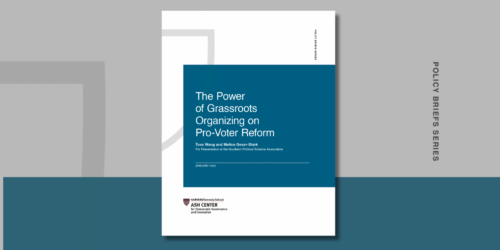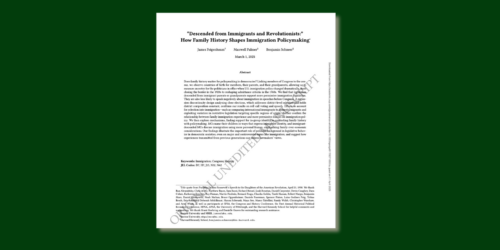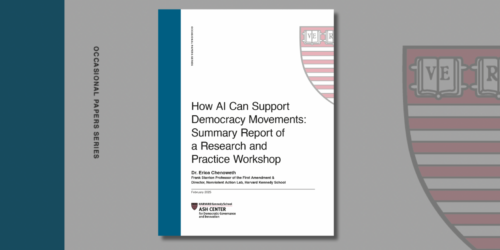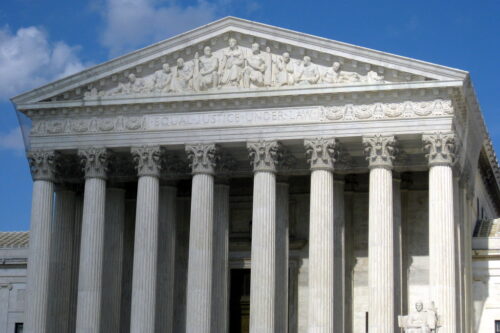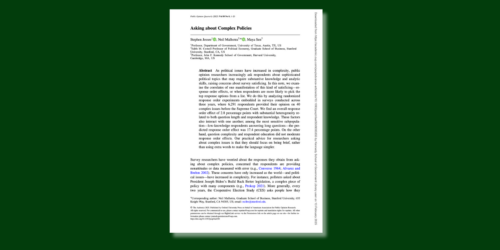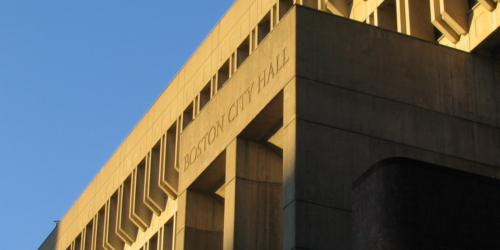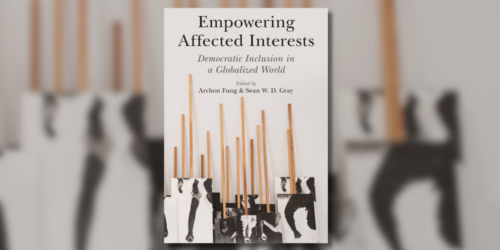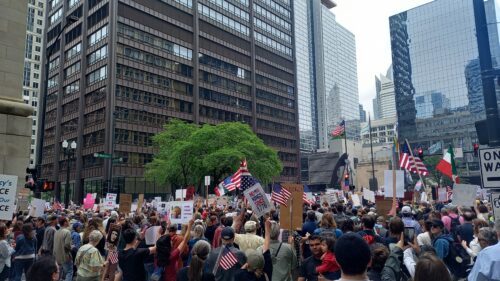
Article
The Resistance Reaches into Trump Country
As organizers for No Kings 2 seek historic turnout on October 18, the broader pro-democracy movement has already broken new ground.
Democracy demands new ideas. We have answers.
Article
As organizers for No Kings 2 seek historic turnout on October 18, the broader pro-democracy movement has already broken new ground.
Article
In his latest article for The Conversation, Archon Fung defines “conflicts of interest,” highlights their risks to good governance, and outlines strategies to mitigate their impact.
Article
In this article, Erica Chenoweth shares a brief addendum to the Nonviolent Action Lab’s workshop held in December 2024 on how AI can influence social mobilization, for better or worse.
Policy Brief
In this policy brief, Tova Wang and Melina Geser-Stark argue that while grassroots advocacy has been pivotal in advancing voting rights, it remains overshadowed by the perception that voter reform is the domain of political elites — a view this paper challenges by examining how grassroots efforts mirror modern social movements and drive the push for a more inclusive democracy.
Occasional Paper
In this study, Benjamin Schneer and co-authors examine the influence of family history on U.S. lawmakers’ views on immigration policy, finding that legislators with immigrant ancestry tend to support more permissive immigration laws and speak more positively about immigration. It examines personal background, including family history and identity, and how that plays a significant role in shaping policymaking.
Occasional Paper
In this report, Erica Chenoweth summarizes a December 2024 workshop on the specific issue of AI adoption within democracy movements and offers some key recommendations.
In this paper, Maya Sen and her co-authors examine enduring features of the American federal judiciary that systematically favor conservative political and policy outcomes. By situating the United States within a comparative context, the authors argue that these structural aspects of the judiciary contribute to a consistent ideological bias toward conservatism in legal decisions.
In this article, according to new research from Maya Sen and her co-authors, as political survey questions become more complex, people are more likely to choose the first options on a list, especially if they have less knowledge and the question is long—making it better for researchers to keep questions short rather than trying to simplify the wording.
Article
In this paper, Justin de Benedictis-Kessner and his co-authors find that mayoral partisanship has little causal effect on crime, policing, or arrest rates in U.S. cities, though it may modestly influence the racial composition of arrests.
Book
In this book, Empowering Affected Interests, Archon Fung and Sean W. D. Gray explore the radical implications of the All-Affected Principle in a globalized world, bringing together leading theorists to examine how democracy might be reimagined to address cross-border interdependence on issues like immigration, climate change, and labor markets.
